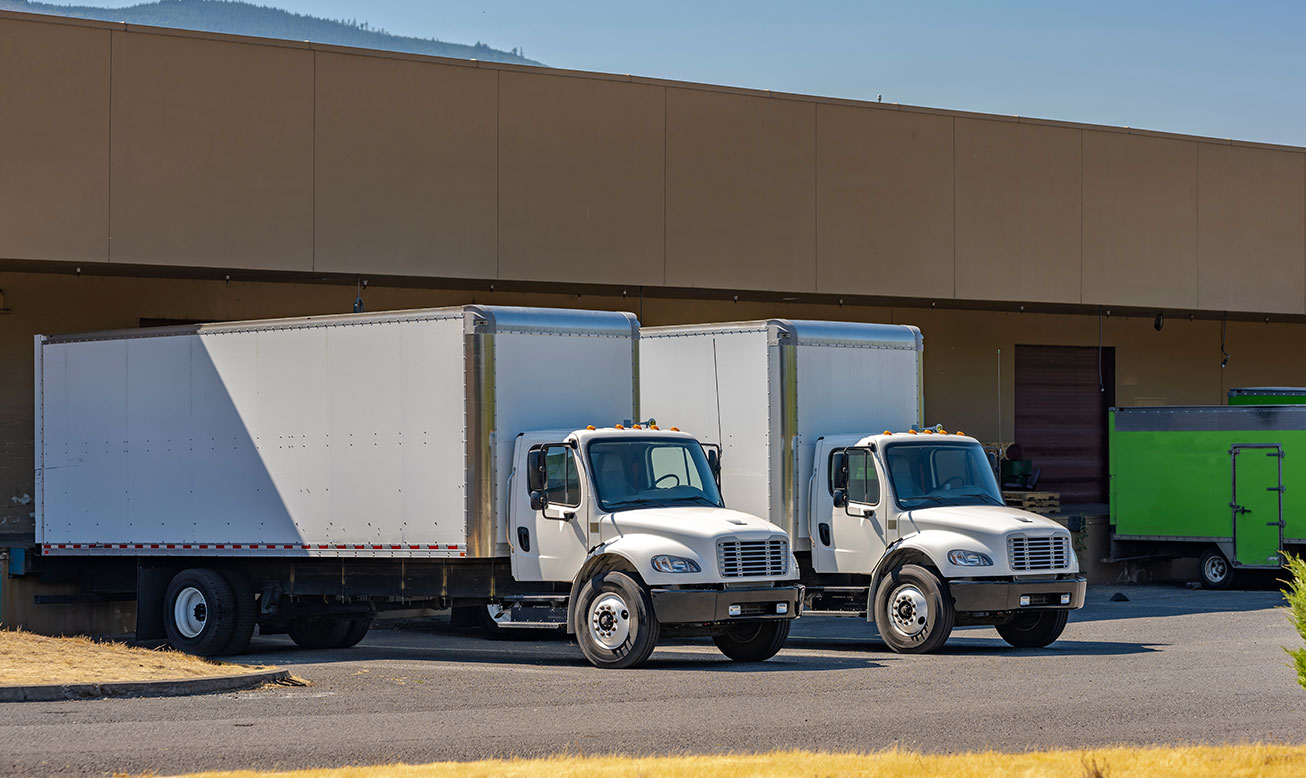October 1, 2025
Late Freight? Here is the Value of Expedited Shipping for B2B Logistics
What Is Expedited Shipping And Why It Matters More Than Ever
In business-to-business freight, expedited shipping refers to the process of moving goods more quickly than with standard transit options. It is designed for high-value, urgent, or sensitive shipments where every hour counts. While standard shipping may take several days or more, expedited freight delivery typically reduces the time to one to three business days for domestic ground shipping.
But in practice, the duration of expedited shipping often depends on several factors, including distance, mode of transport, regulatory processes, and the level of collaboration between the shipper and carrier to prevent issues. However, in good conditions, expedited shipping will usually reduce transit time significantly compared to standard service.
Common Causes of Shipping Delays and Logistic Delays
Even when you select expedited shipping, you still face a challenge that comes with potential delays. Understanding what expedited shipping means in relation to disruptions helps you avoid surprises. Here are the major causes of freight shipping delays:
Weather and natural events – Storms, flooding, and extreme weather can disrupt transportation, shutting down roads or ports. These events may force reroutes or downtime for handling.
Seasonality and demand spikes – Holidays, promotional seasons, or supply chain disruptions (such as tariffs or regulatory shifts) increase freight volumes. More volume means more pressure, and a higher chance of delay.
Port congestion and traffic – When ports or terminals are overloaded, ships wait longer to dock or unload. On land, highway congestion, accidents, or infrastructure issues slow down trucks.
Customs, documentation, and regulatory delays – Incorrect paperwork, regulatory changes, inspections, or unclear classifications can cause goods to be held up at borders.
Capacity shortages – Carrier capacity (trucks, trailers, vessels) may be limited, especially during peak demand, or due to labor constraints or equipment failures. Even expedited shipping suffers if there is not enough capacity to serve the demand.
Last-mile complications – Even after the long haul, the final leg into a warehouse or B2B delivery point may suffer from address issues, traffic, or scheduling constraints.
How Expedited Shipping Reduces Your Risk and Supports Loss Prevention
At Last Mile Logistics, as a non-asset-based carrier, we do not own every truck, plane, or warehouse we use. Instead, we rely on a network of trusted, approved carriers and service providers. This model gives several advantages, especially in preventing loss and minimizing delays:
Flexible carrier options – When one carrier has a capacity or equipment issue, we shift to another. This reduces the chance that your shipment will be delayed due to a single-fleet failure.
Transparent risk assessment – We thoroughly vet carriers to ensure safety, reliability, insurance, and a favorable claims history. That helps reduce damage, loss, or misrouting.
Proactive incident management – When something goes wrong, weather, customs, traffic, we have multiple partners and routes to choose from. That allows us to reroute quickly, adjust schedules, or escalate where needed.
Real-time data and tracking – We invest in tools that monitor shipments and detect issues early. That extra visibility helps avoid delays that are already turning costly, and ensures losses are caught quickly.
How Long Does Expedited Shipping Take vs Standard
To set realistic expectations, here are benchmarks:
- Expedited freight (domestic) often arrives in 1-3 business days if the distance is reasonable and no extraordinary interruptions occur.
- Standard ground freight might take 5-7 business days or more. For international ocean freight, transit times can range from several weeks to several months.
- If the route crosses borders, passes through congested ports, or requires customs clearance, add extra time. Even expedited shipments will be affected by logistical delays in those cases.
When Expedited Shipping Makes Sense
Here are situations where you should strongly consider expedited shipping:
Your goods are time-sensitive (parts needed for production, perishable goods, or retail deadlines).
You are facing penalties or financial loss if the shipment is late (e.g., contract obligations).
You need to maintain a lean inventory strategy, but cannot tolerate stockouts.
You are preparing for a peak period and want to pre-position critical items to avoid last-minute logistic delays
Why Choosing Last Mile Logistics Is a Smart Business Choice
Working with a well-qualified non-asset-based carrier like us brings unique benefits, especially for the B2B sector:
- 1Cost efficiency – Because you are not paying for extra company-owned equipment overhead, you often get more competitive rates.
- 2Wider reach and flexibility – You benefit from access to multiple carriers, multiple transport modes (truck, rail, air, intermodal), and the ability to respond quickly to changing conditions.
- 3Scalability – As your shipping needs change, volume, routes, and urgency, a non-asset-based carrier can scale up or down without being bottlenecked by its own fleet.
- 4Strong loss prevention practices – With carrier vetting, insurance, tracking, damage control, and alternative routing, you reduce the risk that your freight will be lost, misrouted, damaged, or delayed beyond acceptable windows.
Putting All of This Together: What You Will Get With Reliable Expedited Shipping
If you partner with an experienced, loss-prevention-savvy, non-asset-based carrier, you will expect:
- Fast, predictable shipments when urgency is involved
- Better handling of disruptions, from weather to customs to congestion
- Less risk of freight damage or loss because of proper carrier selection and documentation
- Clear visibility into where your shipment is at every stage
- Cost transparency so you know what premium you pay for the speed and extra safeguards
Expedited shipping does more than just get freight from point A to point B faster. It helps your business protect revenue, sustain customer trust, avoid losses, and maintain reliability when standard shipping would expose you to risk. Shipping delays, freight shipping delays, shipping disruptions, and logistics delays are problems your business cannot afford to have.
If your supply chain must deliver on time, especially under tight deadlines or critical demand, working with a non-asset-based carrier that delivers on expedited shipping and loss prevention will pay dividends. When you are ready to maintain consistency, reduce losses, and move critical freight with confidence, we are here to make it happen!



